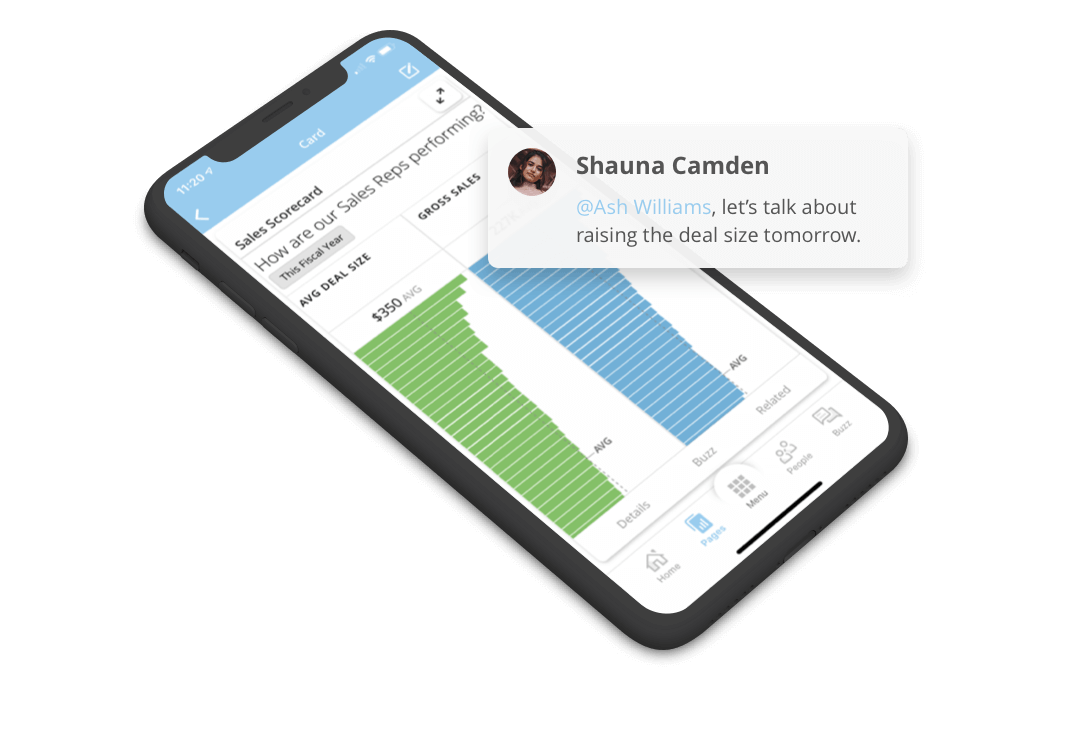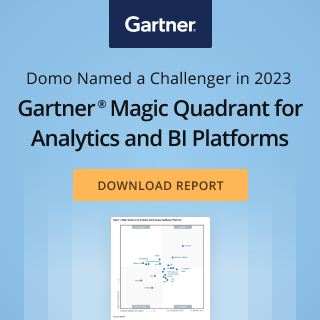5 reasons why BI data apps are the future of data analytics
Every company needs data to make smart decisions. However, not all companies can afford expensive IT infrastructure. BI data apps offer a solution that is cost-effective and scalable.
BI data apps are an emerging trend that can offer unique insights into your business. While business applications and software have been around for years, BI data apps are unique in their ability to be created quickly and be cost-effective.
While business applications have been around for quite some time, it is still essential to understand the difference between a BI app versus a traditional business application.
Let’s take a look at five reasons why BI data apps are the future of data analytics.

1 – Data apps offer data writeback and integration capabilities
Traditional BI data apps work behind the scenes, taking raw data and transforming it into a form that is easier for humans to understand. This often includes aggregating data from multiple sources and formats.
The next step in the process is to analyze this information and present it as a dashboard or create reports with key takeaways. Oftentimes, this is the final step in a traditional data application.
In addition to the benefits of having a BI data infrastructure, another layer that separates BI apps from traditional applications is the ability to integrate with third-party systems. For example, SAP Dashboards can be updated or enriched from different sources through third-party integrations. In other words, users can log in to an app to receive customized information not found on any one particular dashboard. These reports and dashboards can also be updated automatically in real-time, allowing them to generate faster insights.
2 – Data apps aren’t just for the IT department anymore
Traditional BI apps previously were exclusive to large organizations with sizable IT budgets and dedicated personnel with the required technical expertise. Today, more compact versions of these tools are available to companies that can’t build their own BI data infrastructure.
For example, cloud-based offerings allow analysts to access and update their data without needing a large IT team to worry about network or storage. These apps can be used by anyone who knows how to read and understand the information presented on a dashboard or in a report.

3 – Data apps provide real-time analytics
One of the most significant benefits of BI data apps is that they provide real-time insights into your business. Business owners can now stay ahead of market trends by monitoring their data in near real time. This enables them to address customer needs quickly and preemptively, which ultimately results in happier customers and more productive employees.
The ability of data apps to provide instant reports and dashboards is apparent, but many may not know that these insights can be collected in real time. With this capability, business owners can now be proactive rather than reactive to changing market conditions.
4 – BI data apps are scalable for growing companies
BI solutions are no longer solely for enterprise customers. Whereas traditional BI requires extensive teams and infrastructure, BI data apps can be created and scaled to fit businesses of any size. With a subscription-based model for pricing, small businesses can have their data work for them through BI data apps.
When it comes down to it, building an analytics app is still much more affordable than hiring a dedicated team or buying expensive infrastructure. Plus, these apps are fully scalable and can be updated in real-time as business needs change.
5 – Apps generate relevant insights in a timely manner
In addition to being easier for the average person to understand, BI data applications have another advantage over traditional analytics tools. They increase the accuracy of reports and dashboards by using a built-in system to flag problems with incomplete data.
For example, the ability to set parameters for an automated report is standard in most apps. If a certain number of conditions are not met before running the report, users will be alerted so they can adjust the parameters accordingly. This ensures that only accurate reports are delivered in real-time. Using this framework, exception reporting can also catch mistakes when they occur, saving the business from costly mistakes.
With more accuracy, businesses can make better decisions that ultimately generate increased revenue and productivity.

Integrations lead the way with BI data apps
With the increasing number of companies gaining access to self-service analytics, there is a new problem to solve: how do you take millions of data points and turn them into actionable insights?
Enter integrations. This is where third-party tools and apps interact with your current data and BI infrastructure.
For example, if a company wants to analyze its social media data in conjunction with its sales and marketing department’s account information, it can use data transformation tools and third-party integration apps.
These tools provide real-time updates that combine data of all types into a single unified source of truth. This allows business owners to make informed decisions based on the complete truth they receive from the data.
As the number of integrations continues to grow, companies will be forced to make a decision—do they want to build their own data infrastructure or invest in a series of connected apps? The answer is clear.
The verdict on BI data apps
In the end, BI data apps are becoming more popular among business owners. This is especially true for those who do not have dedicated IT teams to rely on or want more customized data analytics.
These apps allow business owners to operate with real-time intelligence so they can make informed decisions about their products and services without having to worry about complicated IT infrastructure. Many already have a BI data app in place that they didn’t even know existed.
For companies that are on the fence about whether or not they should invest in data analytics technology, BI apps are quickly becoming an obvious solution. With these tools, companies can obtain insights on their customers more easily and with greater accuracy, boosting business efficiency.
